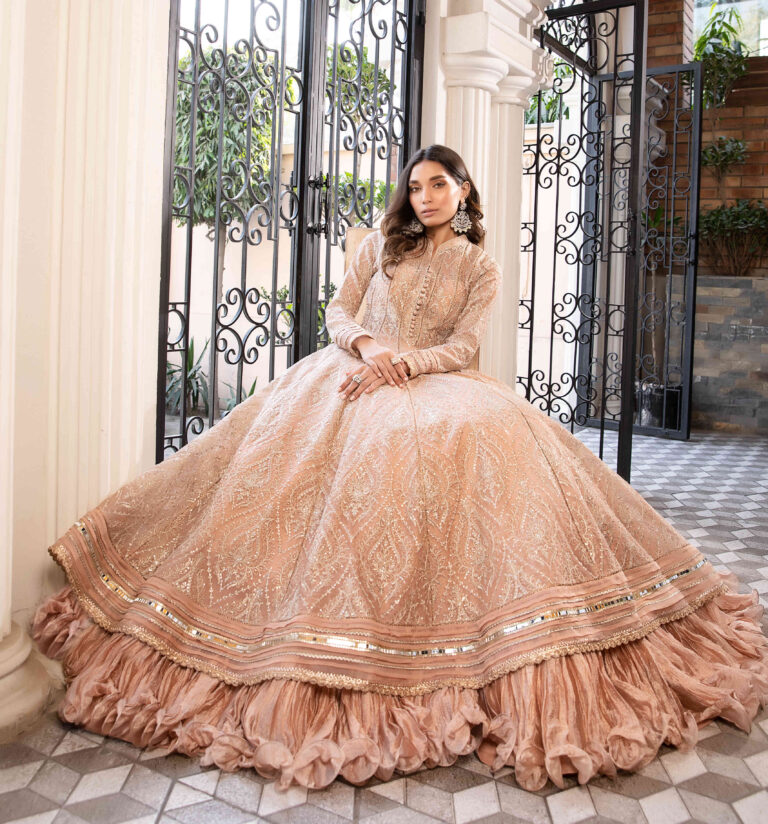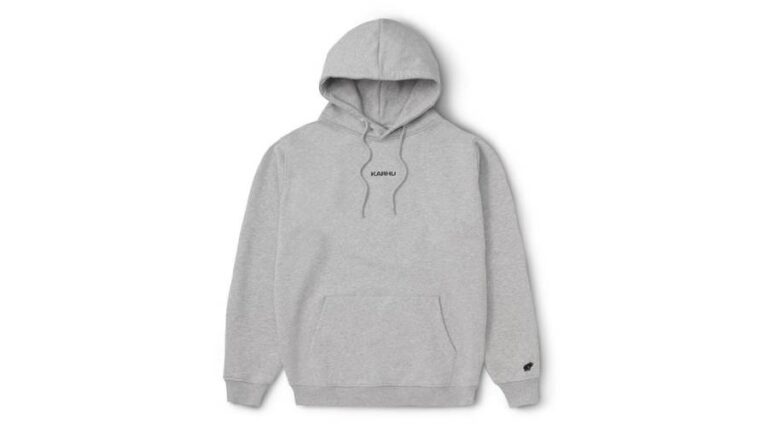
Introduction
In the realm of fashion, few items have sparked as much debate and polarized opinions as the iconic Juicy Couture tracksuit. What started as a symbol of luxury leisurewear has evolved into a cultural phenomenon, but not without its fair share of controversies and criticisms. In this blog post, we’ll delve into the juicy details surrounding the tracksuit that has become a fashion staple for some and a point of contention for others.
The Rise of Juicy Couture Tracksuits:
Juicy Couture, founded by Pamela Skaist-Levy and Gela Nash-Taylor in 1997, gained immense popularity in the early 2000s. The brand quickly became synonymous with velour tracksuits, adorned with the iconic “JUICY” emblazoned across the backside. These tracksuits were a favorite among celebrities and fashion enthusiasts alike, signaling a shift towards casual luxury.
Controversy 1: Appropriateness of the Tracksuit:
One of the primary controversies surrounding Juicy Couture tracksuits revolves around their perceived appropriateness. Critics argue that the tracksuit, with its form-fitting silhouette and flashy branding, is too ostentatious for certain settings. Some suggest that wearing such a bold ensemble in professional or formal environments may be inappropriate, undermining the traditional dress codes.
On the other hand, supporters argue that the tracksuit represents a celebration of individuality and self-expression. They contend that fashion is a form of art and that one should be free to wear what makes them feel confident and comfortable, regardless of societal norms.
Controversy 2: Cultural Appropriation:
As with many fashion trends, the Juicy Couture tracksuit has been accused of cultural appropriation. Some critics argue that the brand’s aesthetic, often associated with affluent white women, appropriates elements of urban street culture, particularly hip-hop and African American fashion trends.
In response, supporters of the tracksuit argue that fashion is a dynamic and ever-evolving art form that borrows from various influences. They suggest that Juicy Couture tracksuits were not created with ill intentions but were rather a reflection of the blending of different cultural styles, aiming to create something new and exciting.
Criticisms: The “Velour Fatigue”:
While the tracksuit craze reached its peak in the early 2000s, it was not without its consequences. Some fashion enthusiasts express a sense of “velour fatigue,” citing the overexposure and ubiquity of Juicy Couture tracksuits during that era. The tracksuit’s popularity waned as people sought new trends, leading to a decline in the brand’s dominance in the fashion scene.
Conclusion
Juicy Couture tracksuits remain an iconic and controversial piece in the fashion world, embodying both the extravagance of leisurewear and the clash of cultural influences. The debates surrounding their appropriateness and cultural implications reflect the broader discourse on fashion as a form of self-expression and identity. As fashion continues to evolve, it’s essential to navigate the complexities and nuances of these discussions, appreciating the diversity of perspectives that contribute to the rich tapestry of our sartorial landscape. Whether you’re a fervent supporter or a skeptical critic, there’s no denying that the Juicy Couture tracksuit has left an indelible mark on the ever-changing canvas of fashion.
Stay tuned for more updates & news on Buzz!



